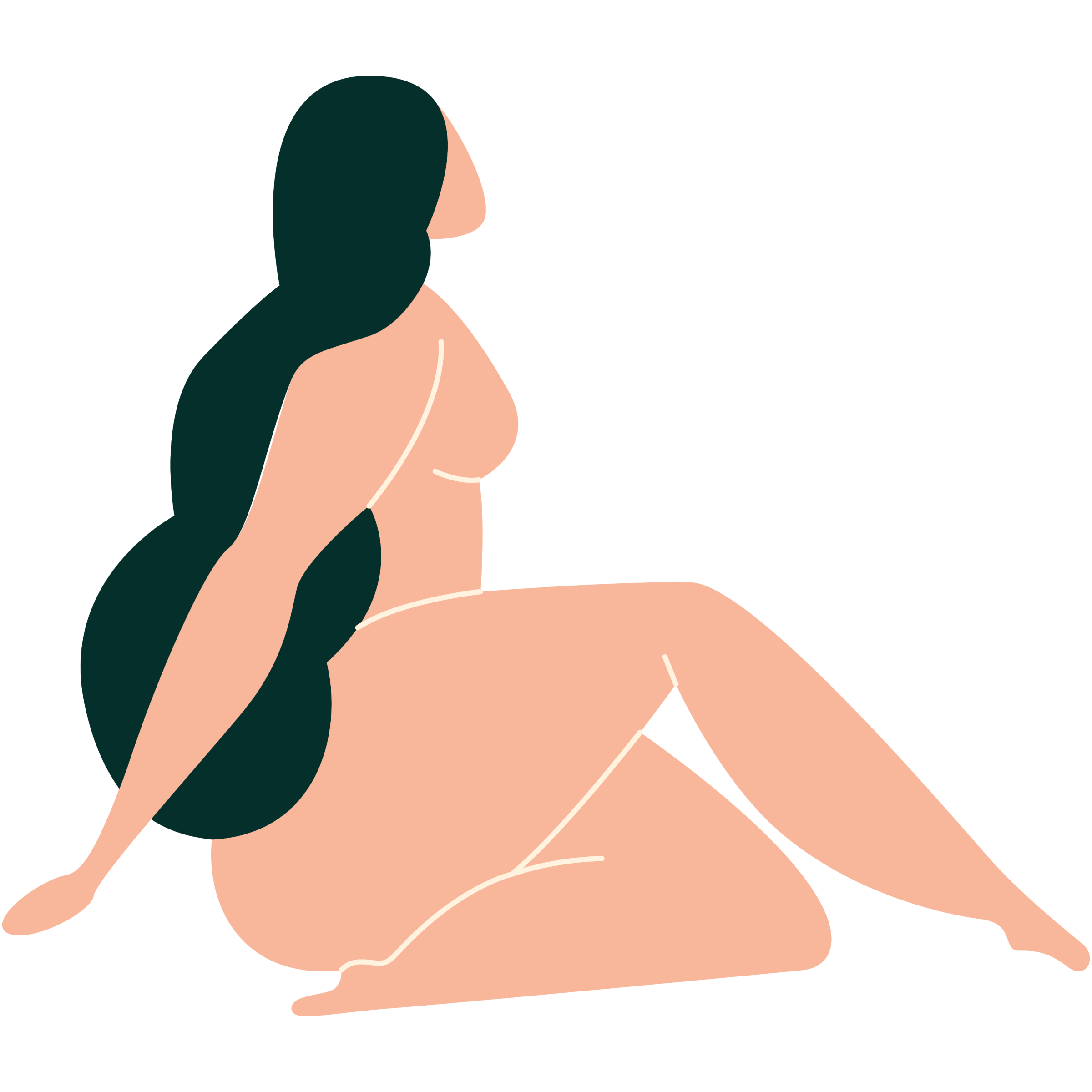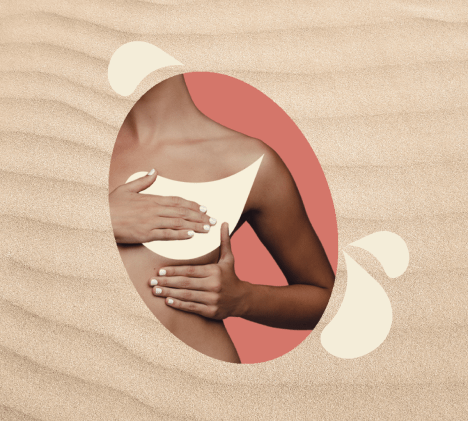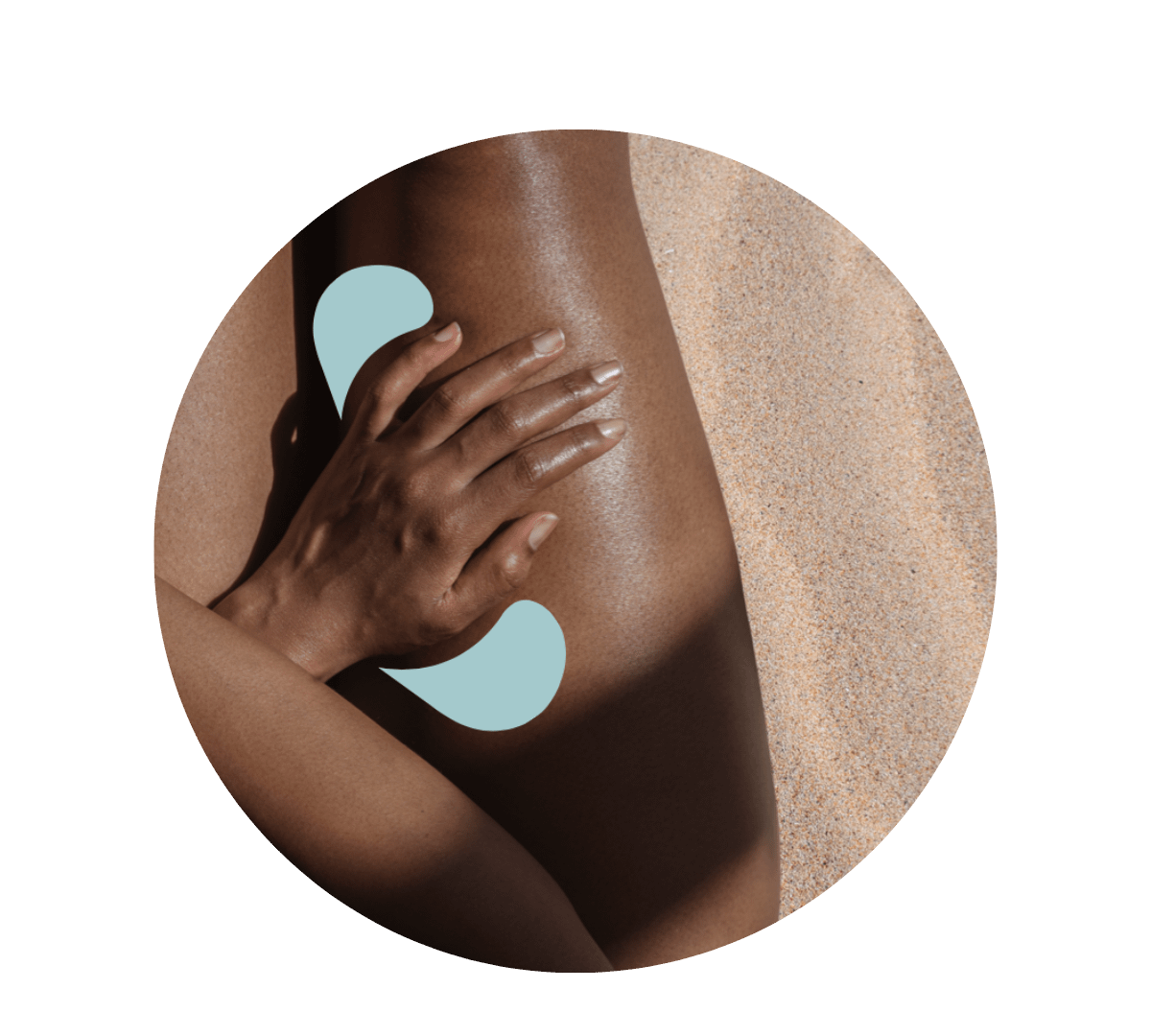
Body
Get to know your body through a better understanding of your anatomy and find the answers to some of your most common questions.
Back
All topics

4 resources

19 resources

6 resources

4 resources

6 resources
Back
All topics

9 resources

12 resources

4 resources

11 resources

2 resources
Back
Back
All topics

17 resources

11 resources

17 resources

2 resources

Mauj Products
We’ve designed our products to help you explore your body, solo or otherwise. Whether you’re a curious novice or a seasoned explorer, this is for you.
Back
All topics

4 resources

19 resources

6 resources

4 resources

6 resources
Back
All topics

9 resources

12 resources

4 resources

11 resources

2 resources
Back
Back
All topics

17 resources

11 resources

17 resources

2 resources

Mauj Products
We’ve designed our products to help you explore your body, solo or otherwise. Whether you’re a curious novice or a seasoned explorer, this is for you.

In this month’s Q&A, we’re answering three of your questions about how to have an open and honest conversation with a partner about your pleasure and what to do if you come too fast or if you’re experiencing vaginal dryness. Dive in!
It's common for women to struggle with orgasming with partners – you’re not alone. According to a 2010 study, women in heterosexual relationships are four times more likely than their partners to say that sex wasn’t pleasurable in the past year. But that doesn’t mean it’s okay.
A lot of men don't know how to make sex pleasurable for a woman. They think that penetration is enough, due in part to the misrepresentation of female pleasure in the media. It's important to explain to your partner what you like and what works for you. It's also common for women to be able to orgasm alone quicker. This is due to a number of factors, such as a woman knowing exactly what works for her as a result of practice, her partner not prioritizing her pleasure, or shame and anxiety that disconnect her from her pleasure during sex. Here are our tips to have this difficult but very important conversation with your partner:
Read more about the female orgasm here.
We’d like to start off by saying that this is not necessarily a bad thing. Some women are able to continue having sex even after an orgasm, unlike most men. We invite you to explore how your partner can have multiple and different types of orgasms, whether they are clitoral, vaginal, or nipple orgasms, for example.
Getting more familiar with the arousal patterns of your partner through communication will be of great help to you. Going slower and learning the signs that happen when she’s getting closer can help her manage orgasms and have more pleasurable ones.
Another way to prolong the sexual experience is to add more steps and involve more body parts, which can help intensify and prolong your partner’s pleasure. There’s a world of excitement outside penetrative sex that we encourage you to explore.
Another fun way to delay climax is edging, which is building up to orgasm but stopping just before you get there, and repeating that a few times. When your partner finally orgasms, it’ll be a much more intense one – take our word or it!
Whatever path you choose, make open and honest communication a key part of that to make sure you are both always on the same page. Learn more about female orgasms here.
Estrogen is the hormone that keeps your vaginal lining moisturized with fluid that keeps it thick and elastic.
Vaginal dryness happens most often as a result of your estrogen levels dropping, causing the tissues in your vagina to be dry, thin, and not well-moisturized. This leads to discomfort, especially during sex.
It's more common after menopause, but still, around 17% of women aged between 18 and 50 report problems with vaginal dryness. It can result from breastfeeding, birth control pills, and specific medications, among other causes.
There are some estrogen creams and tablets available to you with a prescription, and we advise you to consult a doctor before using them.
There are also lubricants that are available without a prescription, and these can make your sexual experience more enjoyable by re-introducing healthy moisture back in your vagina.
If you're interested in trying one out, we recommend Mauj’s lubricant, Sayl, which is pH-balanced and 100% derived from plants. Find out more information about Sayl here.
Submit your questions anonymously through this form.
Did you find the answer you were looking for? Is there something we missed? What did you think of this resource? We want to hear from you.



